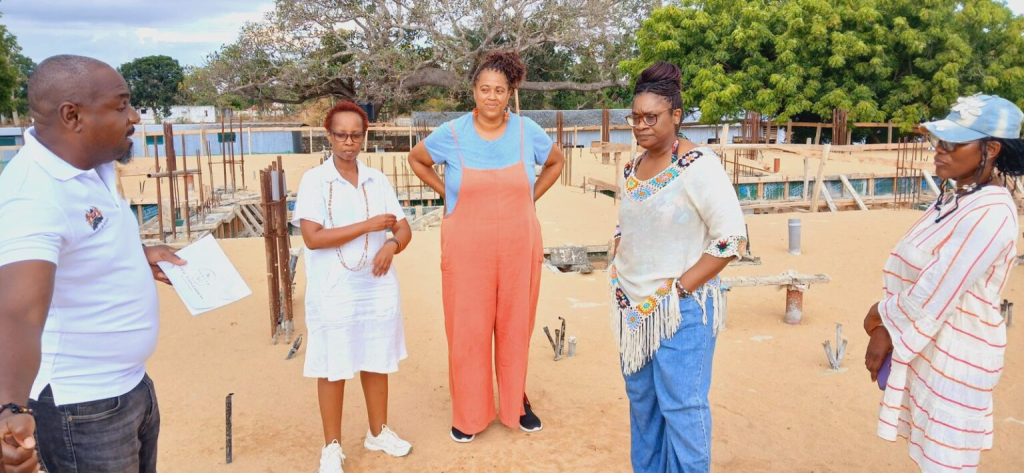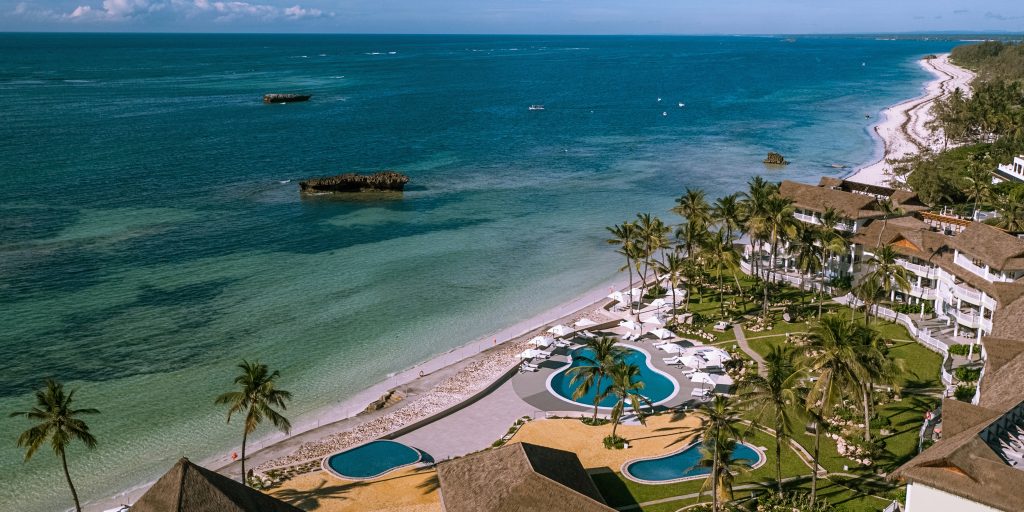Young Africans are japaing or running away to Western countries in search of better opportunities. Many African Americans are moving in the opposite direction, particularly Kenya. This time, they are in search of belonging and healing from decades of racial trauma. This is their story.
The Blaxit Movement
The Blaxit movement–short for Black and exit–emerged from the COVID-19 pandemic of 2020. Most important in its rise was the racial reckoning that followed the murder of George Floyd. According to the New York Times, the movement is motivated by less about money and more about acceptance. The underlying desire is to escape systemic racism and find a deeper sense of belonging.
Adilah Muhammad would found a company, Adilah Relocation Services, to help African Americans who want to relocate to Africa, particularly Kenya. As of April 2025, she has helped 15 families relocate to Kenya. She handles every aspect of the process. “We want to make it a very smooth transition so we handle everything, handling their immigration done legally, banking done, health care situated and just have a smooth transition to Kenya where we are told its our birth place,” she explains.
For her clients, making this move represents more than just physical relocation, it’s a profound reconnection with identity. Muhammad is clear about why African Americans are leaving the United States: “The reason for relocating is as a result of what black people have been going through, from racism, police brutality, among many other challenges.”
She emphasizes that this isn’t just a reaction to recent political developments, including Donald Trump’s presidency. Instead her clients want to be free and have peace of mind.
Malindi, a coastal city in southeastern Kenya with beaches, resorts and hotels, has become a particular hotspot for these relocations. Muhammad explains that the coastal city is “the best magical choice” for those relocating due to “the nice weather, peace and nearness to the airport.”

To Kenya, In Search of People that Look Like Us
The New York Times connects the movement to a broader trend that is sweeping through the African continent. They cite the Diaspora Affairs Office of Ghana, which said that at least 1,500 African Americans moved to Ghana between 2019 and 2023. Other popular destinations include South Africa, which relocation expert Brittney Caldwell describes as providing “the easiest transition” and serving as “a travel hub for those looking to explore the continent further.”
According to one of Adilah’s clients, Johnson, “Our Soul is bringing us back home to spaces that look familiar where people look like us, sound like us, feel like us,” explains Johnson. Born a Jamaican, she lives in Canada and had Adilah’s services when visiting Africa for the first time. “We appreciate that kindness that comes from our family because we look at the people in the continent as our family.”
Johnson represents a growing number of people of African descent who are returning to the continent after what she describes as “not-so-great experience in the West.” Though she hasn’t seen the ocean yet during this visit, she already feels a profound connection to Malindi. “Right now, as I stand here I feel a very familiar breeze, the sea breeze. I know Malindi is on the coast, I haven’t seen the water yet but I feel at home because I feel the Ocean breeze,” she says.
Stephanie Liggon, Muhammad’s partner and one of those who has already relocated to Kenya, now helps others make the same journey. “There are lots of experts who are coming home and we are so excited about it. We are coming back to our roots. We want to connect with other people,” she says.

Many Who Come Don’t Stay
The transition to life in Africa is never without its own peculiar troubles. Some immigrants eventually return to the United States. For instance, Omosede Eholor, who moved to Accra, Ghana in 2015, decided to leave in 2020 because she felt she was missing major life events of family and friends back in New York. There was the daily stresses around frequent power outages and cultural differences, all of which took a toll. “How much of yourself are you losing in the process of trying to adapt to a culture?” Eholor questioned, noting that Ghana was not going to adapt to her.
“Africa is not for everybody,” cautions Erieka Bennett, founder of the nonprofit Diaspora African Forum who has lived in Africa for 40 years.
Some African Americans who relocate to the continent also find that the trauma of years of discrimination doesn’t disappear simply with a change of setting. Adwoa Yeboah Asantewaa Davis, a therapist who moved from Washington, D.C., to Accra, Ghana, in 2020, suggests that Black Americans considering the move to escape racism should try therapy first. “You’re coming here and you’re expecting that everybody’s Black, so I’m going to be OK,” Davis explains. “But then you get here and then you’re being ‘othered'” or viewed as different and separate.
Despite these challenges, Kenya represents a new beginning, a place where they can reconnect with their heritage and live with greater peace of mind, far away from the systemic racism they experienced in the West. As the Blaxit movement continues to grow, Africa is prepared to welcome them all.












